In Too Deep? Deep vs. Shallow Wells and Finding the Right Fit
Choosing between a deep or shallow well can make a significant difference in water availability, quality, and system performance.
Choosing between a deep or shallow well can make a significant difference in water availability, quality, and system performance. Each type of well serves unique needs and environments, making it essential to match the well type to the specific conditions of the property. With the guidance of a local pump expert, selecting the proper well becomes a straightforward process that supports reliable water access for years to come.
Understanding Shallow Wells
Shallow wells are usually utilized in areas with a high water table, where water is readily accessible close to the surface. These wells often reach depths of 25 feet or less, making them a cost-effective solution for properties with favorable water conditions. Shallow wells usually rely on jet pumps, which are installed above ground and draw water using suction.
The primary advantage of a shallow well is its simplicity and affordability. Installation tends to be quicker, and maintenance is relatively straightforward. However, shallow wells are more susceptible to contamination from surface water, runoff, and nearby activities. Proper installation, including wellhead protection and strategic placement, mitigates these risks.
Another consideration for shallow wells is seasonal water table fluctuations. During dry seasons, the water level may drop, reducing the availability of water. A local pump expert can evaluate the site’s conditions to determine whether a shallow well is a viable option.
Exploring Deep Wells
Deep wells reach significantly farther into the ground, often extending beyond 100 feet. These wells tap into aquifers that are less influenced by surface conditions, offering a more stable and reliable water source. Submersible pumps are commonly used for deep wells, as they operate efficiently at greater depths.
One of the key benefits of a deep well is the enhanced water quality it often provides. Drawing from deeper aquifers reduces the risk of contamination and delivers cleaner, purer water. Deep wells are also less affected by seasonal changes, making them a dependable choice for areas with fluctuating water tables or dry climates.
The installation process for a deep well is more complex and requires specialized equipment. While the upfront cost is higher, the long-term benefits of a stable water supply and lower contamination risk make it a worthwhile investment for many properties. A local pump expert can assess the geological and environmental factors to recommend the appropriate depth for a deep well.
Factors to Consider When Choosing a Well
The decision between a deep or shallow well depends on several factors, including water needs, property location, and budget. For properties with moderate water usage and high water tables, a shallow well may provide sufficient access. Properties requiring higher water volumes or located in regions with lower water tables benefit from the stability of a deep well.
Local soil and rock composition also play a role in determining the appropriate well type. Harder geological formations may require more intensive drilling, favoring a deep well. Environmental factors, such as proximity to potential contaminants, influence well placement and depth. Consulting with a local pump expert provides valuable insights built for the specific conditions of the property.
The Role of Well Pumps
Well pumps are essential components of both shallow and deep well systems, delivering water efficiently to meet daily needs. Jet pumps, used in shallow wells, are suitable for lower water volumes and shorter distances. Submersible pumps, designed for deep wells, operate below the waterline and are ideal for high-capacity demands.
A local pump expert can recommend the right pump type and capacity based on the well’s depth, water usage, and system design. Proper pump installation and regular maintenance are critical for optimal performance, preventing issues such as loss of pressure or pump failure.
Long-Term Benefits of the Right Well
Selecting the correct well type provides long-term benefits that go beyond water access. A properly designed system supports consistent water flow, reduces maintenance needs, and extends the lifespan of components. Whether opting for a shallow or deep well, professional installation and periodic servicing protect the investment and enhance system reliability.
Shallow wells offer simplicity and affordability, while deep wells provide stability and quality. The choice ultimately depends on the unique characteristics of the property and its water requirements. A local pump expert’s expertise guarantees the chosen system aligns with both current needs and future demands.
Partnering with a Local Pump Expert
Navigating the decision between a shallow and deep well becomes much simpler with professional guidance. A local pump expert brings knowledge of regional water tables, geological conditions, and the best practices for well installation. Their experience covers everything from site assessment to pump selection, delivering a well system built for the property’s specific needs.
Regular maintenance and inspections by a local pump expert also play a vital role in keeping the system efficient and reliable. Addressing potential issues early prevents costly repairs and interruptions in water service. With the right support, a well system remains a dependable source of clean water for years to come.
A well system designed to fit the property’s unique requirements supports daily life with efficiency and reliability. Whether deep or shallow, a professionally installed and maintained well delivers the benefits of a consistent water supply, providing both practicality and peace of mind. Working with a local pump expert transforms the complexities of well systems into straightforward, dependable solutions.
Pump Repair Services provides residential and commercial well pump repair, transfer pump repair, and custom water treatment system services in the Orlando area. (Sorry, no pool pumps or sewer pumps.) We offer 24-hour emergency service. Call us to learn more.

